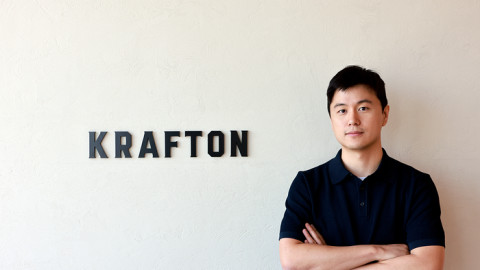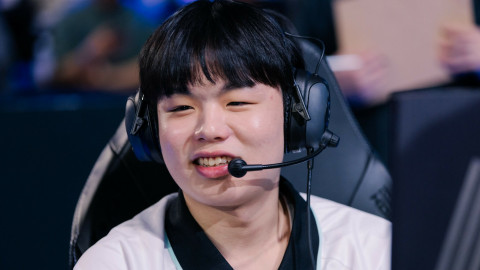
Activision Blizzard came under fire from west coast Overwatch collegiate players, coaches, and team admins on Wednesday, after they released a schedule that placed numerous matches in the middle of the Friday school day for many players in the Pacific time zone. In response to the feedback, they have now adjusted the schedule to move back matches to 4:30 PM PT instead of 3 PM PT on Fridays, to better accommodate west coast schools, without making the matches too late for Eastern Time-based schools.
Leading the charge for the last-minute schedule was the University of California Irvine esports directors, coaches, and players, who took to Twitter to express their discontentment with the original schedule. School esports admins criticized both the time slots and the last minute nature of the announcement.
"This is bad. College esports cannot operate like this," explained Director of UC Irvine esports Mark Deppe. "Heads up, @owpathtopro. We need months of advance notice for major tournaments, their schedule, and ruleset. Or, do you just want us all to switch to @PlayVALORANT? We can do that too."
"Surely someone must have advised the TOs on how awful this preseason is for West Coast schools," Player Support Coordinator for UC Irvine Ronald Ly said. "My players will have classes during matches. Quarter system schools don't even start until Sept 24th. Why is Blizzard making us choose between grades and games in a collegiate circuit?"
In a follow-up Tweet, Ly expounded on his criticism's, explaining that Blizzard offered no communication with the coaches and team managers. He also pointed out that their decision to place the time slots during school days could easily affect the players who can attend matches and thus impact the competitive integrity of those matches as well.
In an initial response from a Blizzard spokesperson, Blizzard defended the original time slots, arguing they were selected in part out of a fear of matches going too late for Eastern Time zone schools. They also suggested that admins and managers intervene to make the schedule work.
"It's impossible to find a time that works for everyone," the spokesperson told collegiate participants. "Teams/individuals players have the agency to flex their schedules to fit an event/program and solve that issue - organizers do not have the capability to choose dates/times and solve everbody's desire at once. . . that's why teams have coaches, managers and administrators at all levels of competitive play."
In response to this statement, multiple people pointed out that many schools don't acknowledge the legitimacy of esports the way they acknowledge collegiate sports and other extracurricular activities.
Overwatch player Shyam explained: "Difference being institutional support and communication between leagues - they'll move classes for basketball, they won't for esports. They'll make up your exams for football, not esports."
In response to my request to comment on administrative support, Ly explained: "Even with letters from supporting programs and Blizzard themselves, I have only ever encountered failure when trying to ever move an exam for me or my students. Both as a player at UofT and as a coach at UCI. Rarely will a professor to out of their way to accommodate for “games”.
It was nearly 10 hours after Ly and others communicated their initial concerns with Blizzard collegiate schedule that the company announced a change to the schedule to address the issue. While students will still have to compete on some weekdays, the match times have been pushed back to 4:30 PM PT, which is a less common college class time slot than 3 PM, though there still may be some class conflicts for players.
"It gives us slight wiggle room, but operational days are still Fri-Sat," Ly told me on Twitter. "Meaning students will definitely still encounter conflicts in academic schedules with match days. Sliding down times on Friday helps some students, but the situation still remains unplayable for others."
It is good to see Blizzard TOs make adjustments in response to the player and team feedback, even if the solution isn't perfect. However, this situation exposes one of the biggest issues for collegiate competitors. TOs assume that collegiate teams have the same kind of support for their competitions that other varsity sports do, but based on the responses we saw on Wednesday, that isn't true across the board.
Schools and Collegiate Leagues both need to do a better job of supporting the needs of esports student-athletes, or the collegiate esports scene will struggle to attract talent and maintain competitive integrity for their competitions.
-

Aaron is an esports reporter with a background in media, technology, and communication education.
Sort by:
Comments :0





